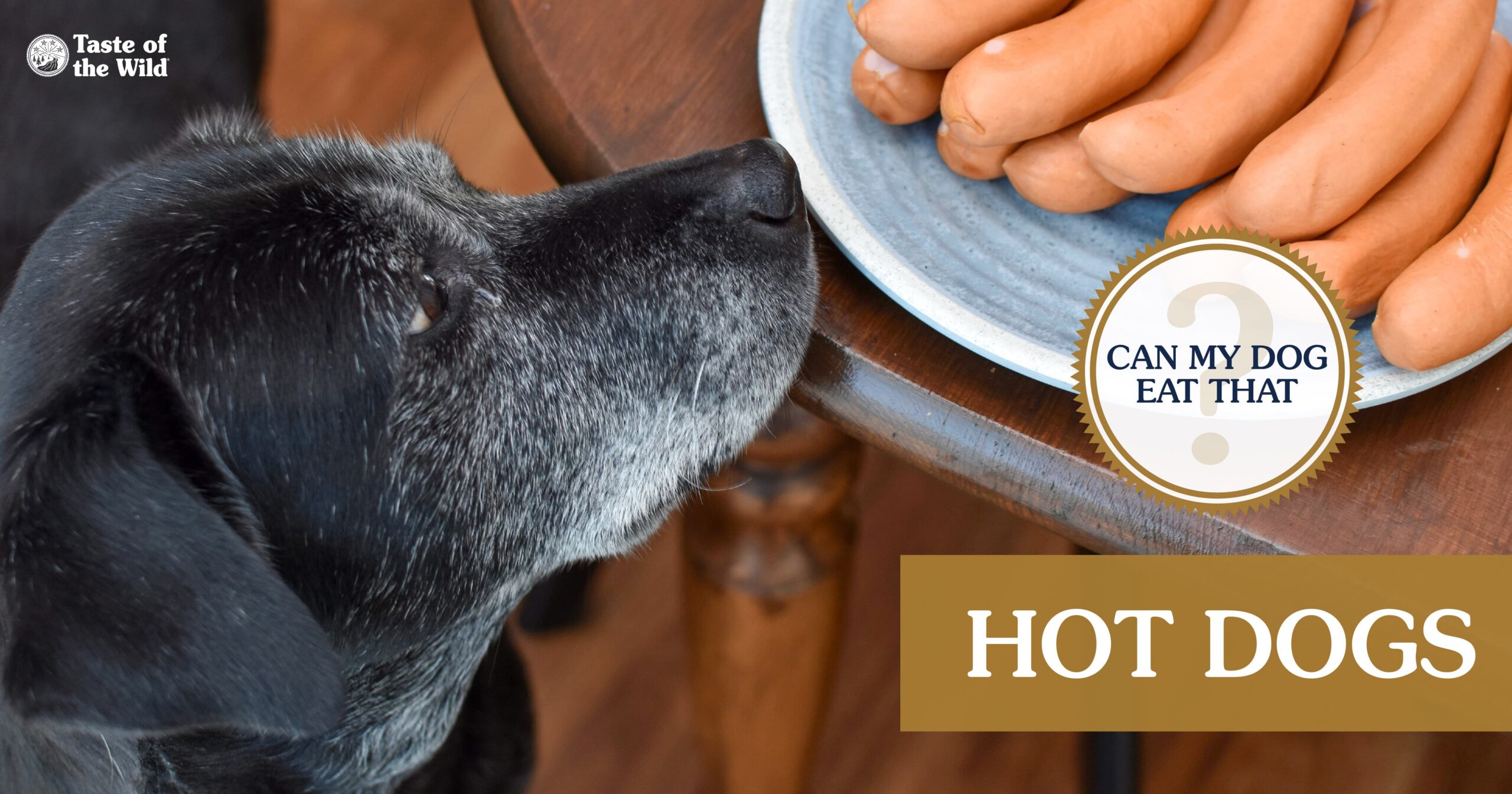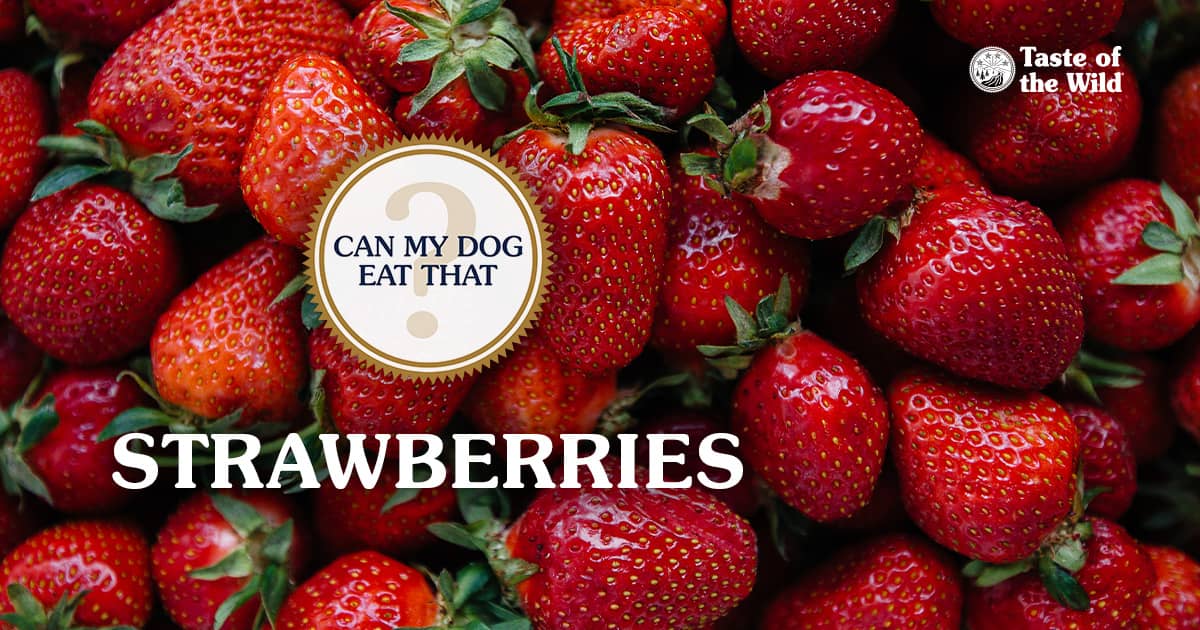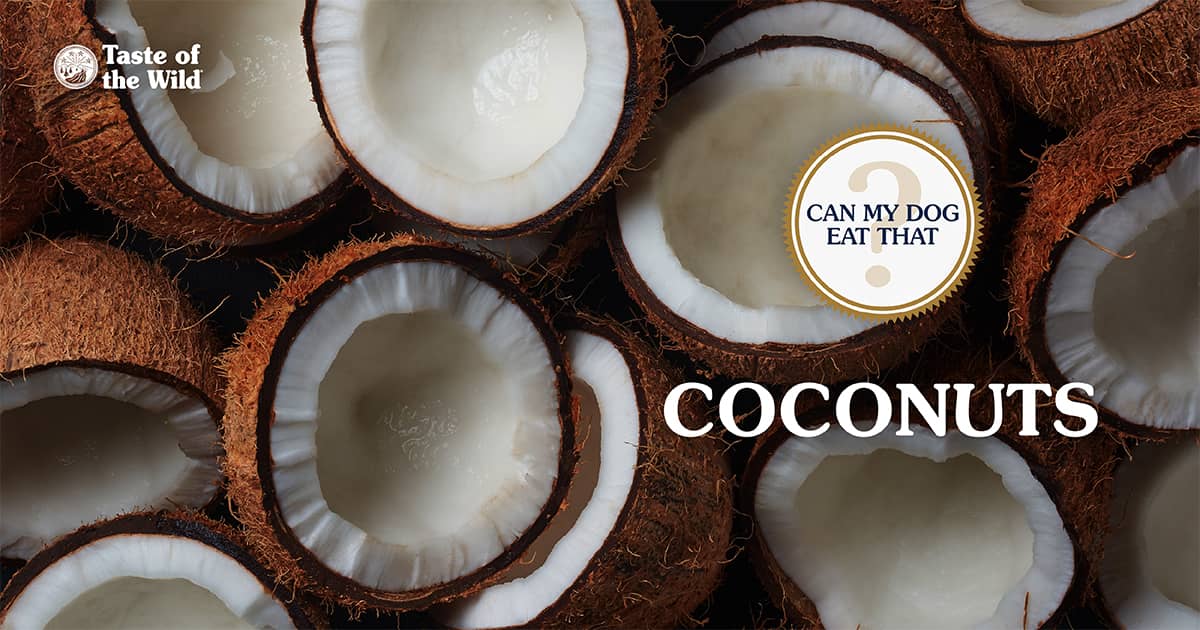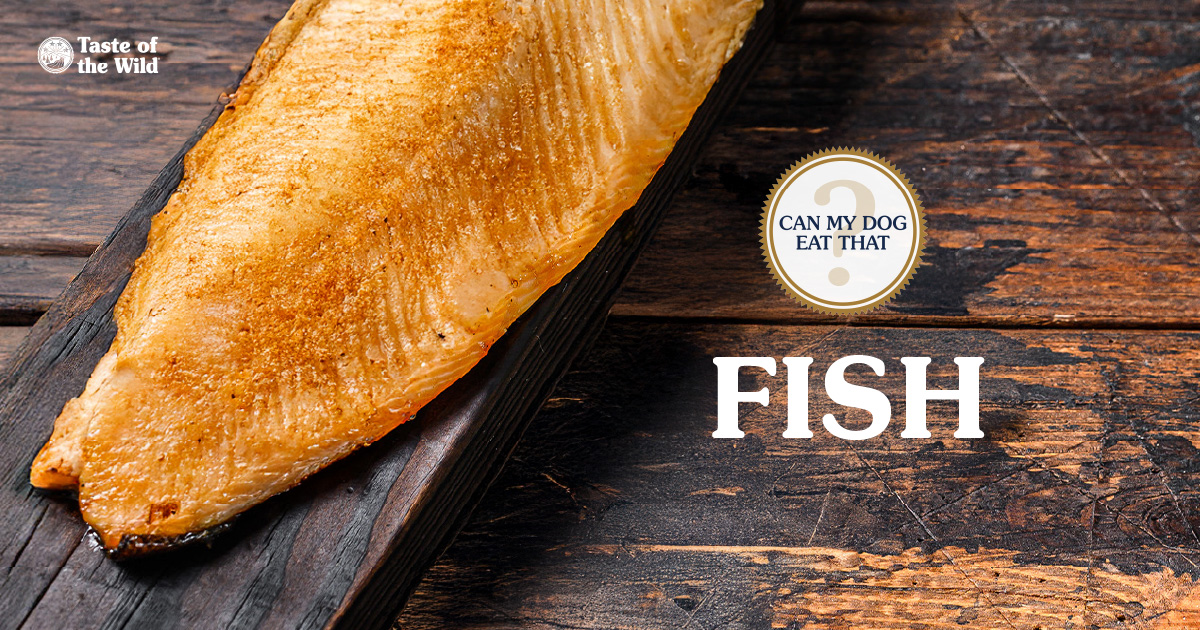Can My Dog Eat That? Hot Dogs
Thursday, June 1, 2023 | Can My Dog Eat That

Welcome to “Can My Dog Eat That?,” our series that answers some obvious (and not-so-obvious) questions about what your dog can and can’t safely eat. Today we answer the question “Can dogs eat hot dogs?” Read on!
First, let’s get one thing clear. Your dog most certainly should not eat a dachshund in a Halloween costume or a dog that’s been out in the sun too long. Now, if you’re asking whether your dog should eat the processed meat product that’s typically sandwiched between halves of a bun and smothered in onions, ketchup and mustard, that’s another story. Well, not too different a story. The answer is similar — your dog probably shouldn’t eat hot dogs. But as a treat, they may be OK for some dogs.
A Hot Dog’s Insides Can Upset Your Dog’s Insides
Hot dogs are a cookout staple, much like sweet potatoes, tomatoes and corn. If you’ve got some hot dogs sizzling on the grill, it’s inevitable that you’re going to turn around and see a drooling dog looking at you with pleading eyes. While hot dogs are not toxic for dogs, some of their ingredients may make you reconsider a one-for-you and one-for-me situation.
Many hot dogs contain spices, seasonings, sweeteners and other additives to help make that tube of meat taste… better. Some of those ingredients may upset your dog’s tummy, particularly if garlic and onion powder are part of the seasoning mix. Fat is another key component of hot dogs that can cause digestive upset if your dog eats too much. As well as an upset tummy, too much fat in your dog’s diet can cause pancreatitis, which can be life threatening.
So. Thirsty. Water! I Need Water!
What could be worse than fat in a hot dog? Salt. The average sodium (salt) content of one regular beef frankfurter is 472 mg according to the USDA FoodData Central integrated data system. That’s about 20 percent of the 2,300 mg recommended daily sodium intake for adult humans reported in the Dietary Guidelines for Americans, 2020–2025. And for dogs? That’s over twice the amount of 200 mg recommended by the Committee on Nutrient Requirements of Dogs and Cats (for adult dogs weighing 33 pounds and consuming 1,000 calories per day). So even half a hot dog could put your dog over their recommended sodium intake for the day.
Salt causes thirst in dogs just like it does in people, and too much salt can cause dehydration. So if your dog does eat a hot dog, make sure they have plenty of fresh water available, because they’ll probably be thirrrs-ty. If your dog has chronic kidney disease, they should avoid hot dogs (and other high-sodium foods) because sodium can increase their blood pressure, which can damage their kidneys further.
If You Feed Your Dog a Hot Dog…
An occasional plain hot dog is probably not going to be too harmful for a healthy adult dog, other than potentially causing vomiting or diarrhea and increased thirst. If you do decide to treat your dog to a hot dog, make sure you cut it into bite-sized pieces. Your dog might think they can swallow the whole thing at once, but it could cause them to choke. Make sure you serve it au naturel, too. Garnishing it with onions and mustard is a no-no since both of these toppings are toxic to dogs.
If you really must give in to those pleading eyes, toss them a dog treat instead. Or, if you only have human food around, a healthy snack can work too, like bananas, blueberries or apples (fed in moderation). That way your cookout won’t end with a trip to the veterinary clinic or a mess to clean up.

RELATED POST: Can My Dog Eat That? Tomatoes
The information in this blog has been developed with our veterinarian and is designed to help educate pet parents. If you have questions or concerns about your pet’s health or nutrition, please talk with your veterinarian.




